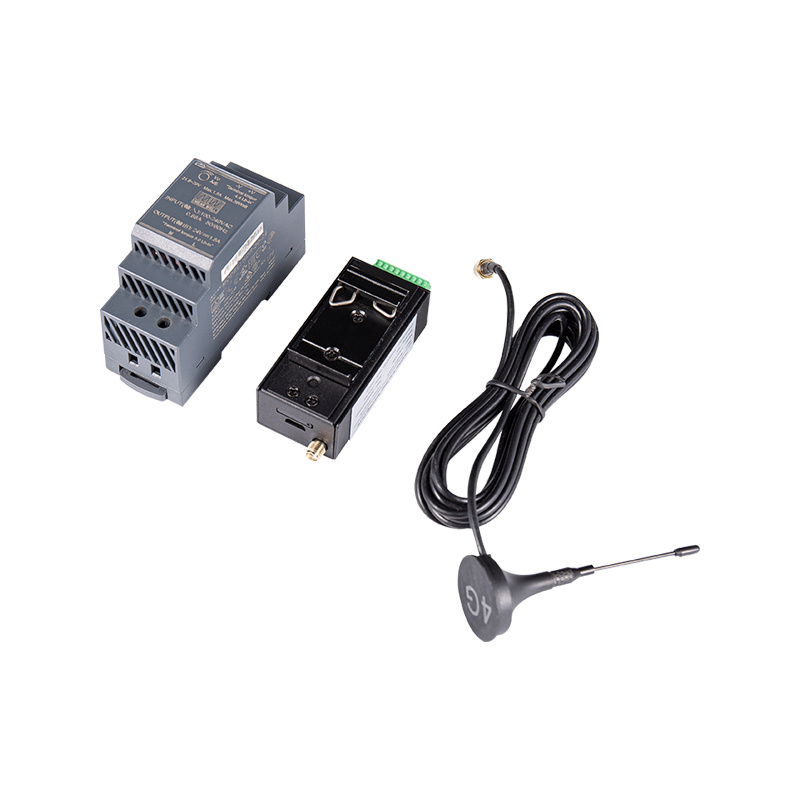Digital Power Meters: Revolutionizing Power Measurement Across Industries
In the dynamic world of electrical measurement, digital power meters have emerged as a game - changing technology. These sophisticated devices are transforming the way power is monitored, analyzed, and managed in various sectors, from industrial plants to residential buildings.

Technological Advancements in Digital Power Meters
Modern digital power meters are equipped with cutting - edge technology that sets them apart from their analog counterparts. Advanced microprocessors and digital signal processing (DSP) techniques enable these meters to provide highly accurate and rapid measurements. For instance, many digital power meters can now measure a wide range of electrical parameters, including voltage, current, power (active, reactive, and apparent), power factor, and frequency, with remarkable precision. Some models are capable of detecting and analyzing harmonic components in the power supply, which is crucial for maintaining power quality in complex electrical systems.
The use of high - resolution analog - to - digital converters (ADCs) is another significant technological leap. These converters allow digital power meters to capture even the slightest fluctuations in power signals, providing detailed and reliable data. Additionally, the integration of wireless communication technologies, such as Wi - Fi, Bluetooth, and cellular networks, has made it possible for digital power meters to transmit data in real - time. This feature enables remote monitoring and control, eliminating the need for on - site inspections and making it easier for operators to manage power systems from a central location.
Expanding Applications of Digital Power Meters
The applications of digital power meters are vast and diverse. In the industrial sector, they play a pivotal role in optimizing energy consumption. Factories and manufacturing plants use digital power meters to monitor the power usage of individual machines and equipment. By analyzing this data, plant managers can identify energy - inefficient processes and take corrective measures. For example, if a particular production line is consuming an excessive amount of power, the digital power meter data can help pinpoint the source of the problem, whether it's a malfunctioning motor or an inefficient electrical circuit. This targeted approach to energy management not only reduces operational costs but also contributes to environmental sustainability.
In the commercial building industry, digital power meters are used for energy auditing and sub - metering. Building owners and facility managers rely on these meters to measure the power consumption of different areas within a building, such as offices, common areas, and mechanical rooms. This detailed data helps in allocating energy costs accurately among tenants and in implementing energy - saving initiatives. For instance, if a particular office space is consistently consuming more power than others, the building management can investigate and implement energy - efficiency measures, such as installing more energy - efficient lighting or upgrading the HVAC system.
Digital power meters are also becoming increasingly popular in the residential market. Homeowners are using these devices to monitor their electricity usage and identify areas where they can reduce consumption. Some digital power meters even come with user - friendly mobile applications that allow homeowners to track their energy usage in real - time, set energy - saving goals, and receive alerts when their power consumption exceeds a certain threshold. This empowers homeowners to make more informed decisions about their energy use and ultimately save money on their utility bills.
The Future of Digital Power Meters
Looking ahead, the future of digital power meters is filled with promise. As the demand for energy efficiency and sustainable development continues to grow, digital power meters will play an even more crucial role. Manufacturers are expected to invest more in research and development to improve the performance and functionality of these devices. Future digital power meters may be able to integrate with smart home and building automation systems more seamlessly, allowing for greater control and optimization of energy usage.
Moreover, with the advent of the Internet of Things (IoT), digital power meters are likely to become an integral part of a larger network of connected devices. This will enable more comprehensive data collection and analysis, leading to more efficient power management at a grid - wide level. In conclusion, digital power meters are not only a vital tool for accurate power measurement but also a key enabler for energy conservation and efficient power management in the modern world. Their continued evolution and widespread adoption will undoubtedly have a profound impact on various industries and contribute to a more sustainable future.





